Young women can now share their unsafe experiences at different locations around Sydney on an online interactive map launched today.
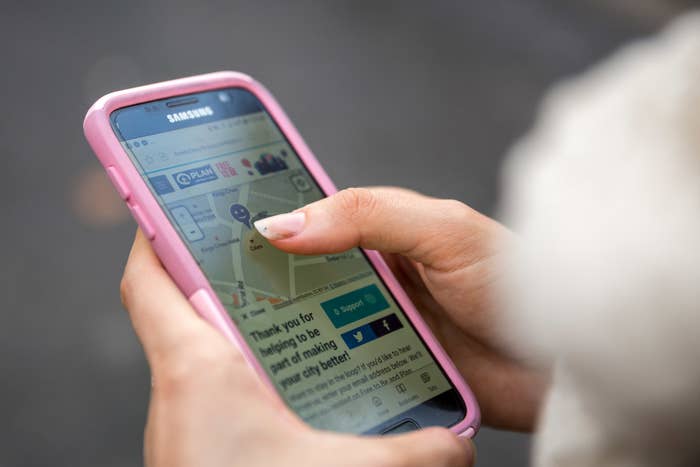
Child rights organisation Plan International Australia and Monash University today launched the online interactive map Free to Be which allows young women and girls to drop a ‘good’ pin on the locations in the city that they like and a ‘bad’ pin on the areas where they feel uncomfortable or unsafe.
They can then provide anonymous detail about that area or record a particular incident that occurred there.
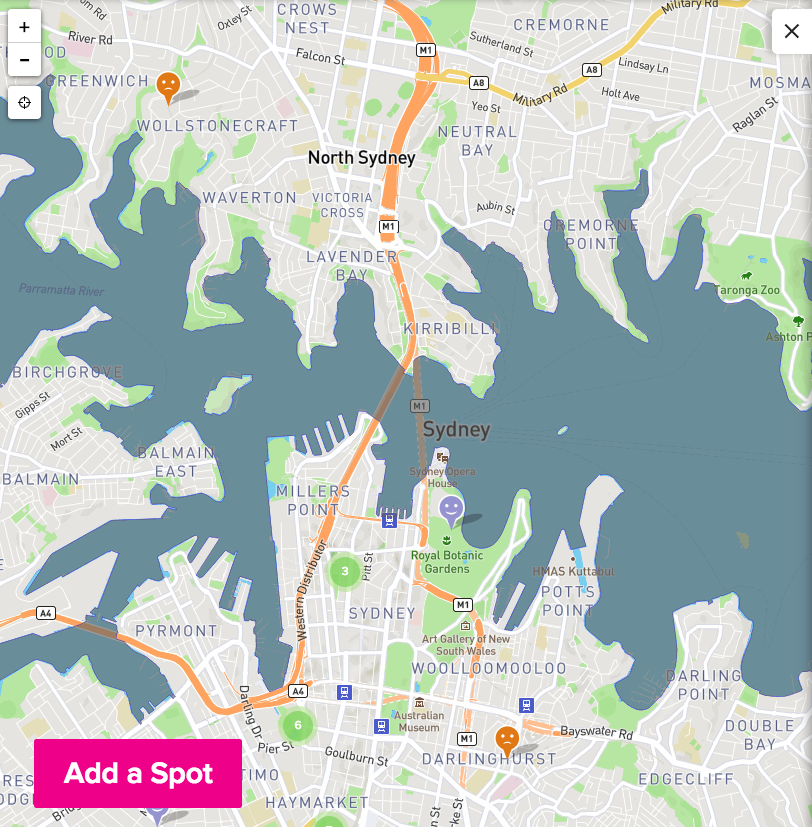
The Sydney Free to Be map will remain open for entries until May 28.
Research from Plan International Australia released today suggests young women in Sydney overwhelmingly feel unsafe walking or using public transport at night, and while navigating the city alone, even during the day.
Of the almost 500 Sydney women aged 18 to 25 surveyed, 90% said they felt unsafe on the streets of Sydney at night and 92% felt uncomfortable taking public transport alone after dark.
Of those, one in three (35%) said they always felt unsafe on public transport at night.
The research did not surprise one of the organisation's youth activists Kripa Krithivasan, who said she regularly changes her travel plans for her own safety.
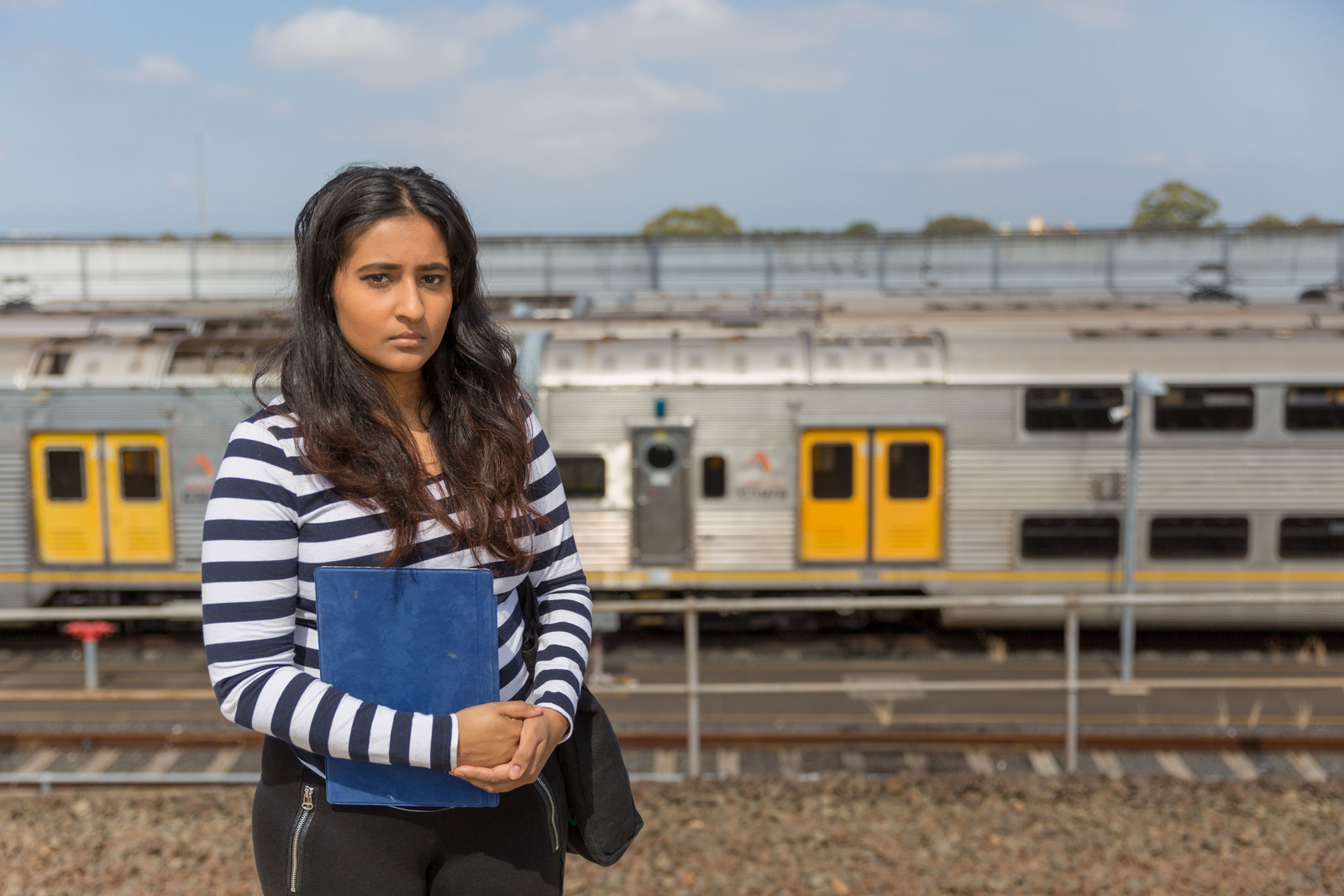
"Whether that means coming home an hour earlier because dad can pick me up from the bus stop, or avoiding my station and getting off at a stop further [with better lighting]," Krithivasan told BuzzFeed News.
The 21-year-old said she was catcalled even while having her photo taken for the Free to Be campaign.
"Every woman in this city has experienced harassment or feeling uncomfortable and maybe not necessarily feeling like your life is in danger ... this map is a really good platform for young women to not just tell their story but actually put it into some tangible data so decision-makers can then use that data."
Sydney student Edie Bannerman, 19, said harassment made women in her city feel like they were "locked out of public spaces".
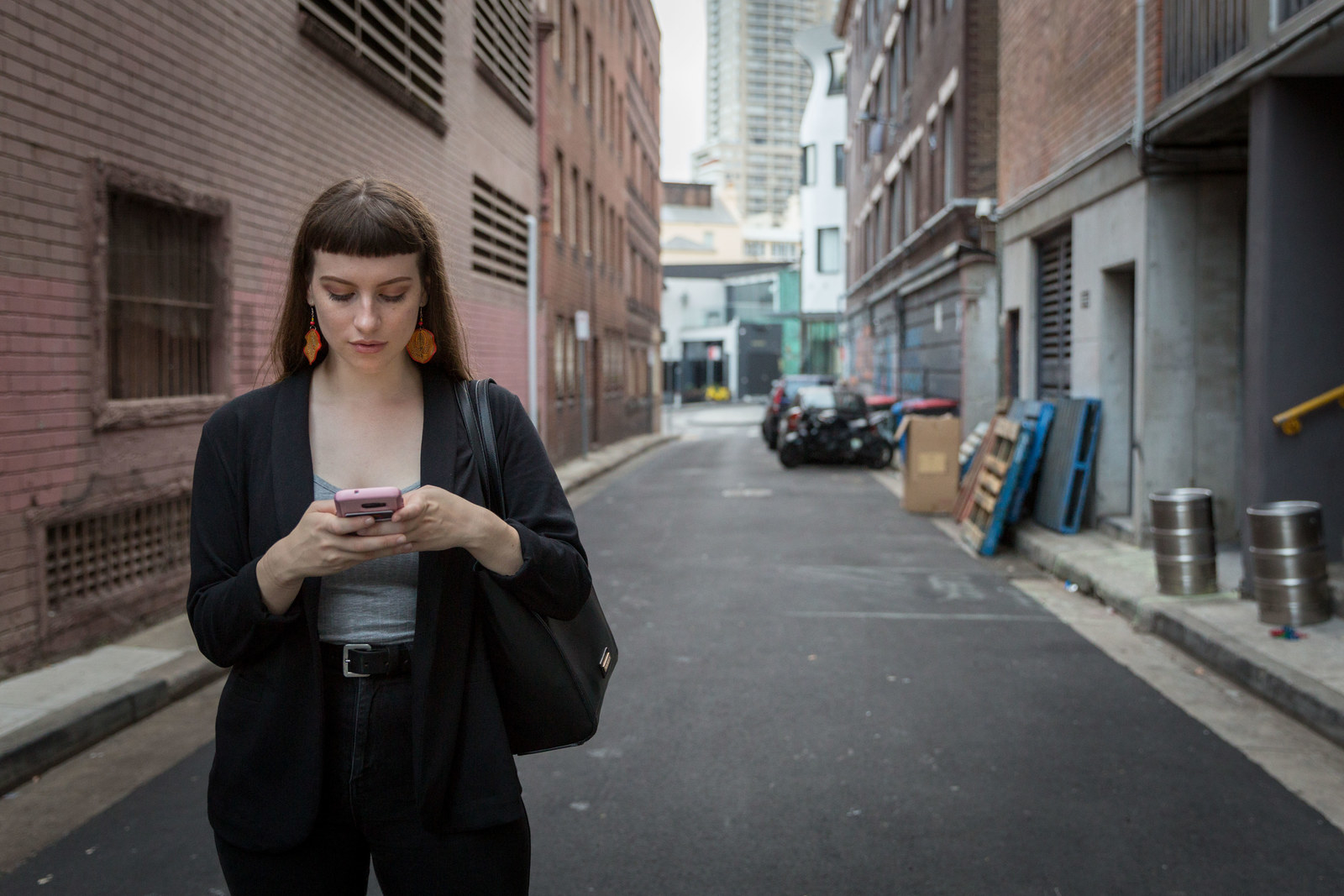
"That feeling of being unsafe or unsure and holding your keys in your hand or having your phone ready to dial ... catcalling, staring and even in peak hour on trains, groping or touching," Bannerman told BuzzFeed News.
"Girls are really taught and socialised to think that harassment is just to be expected and as a woman it is something you've just got to put up with, but it isn't.
"This map tells people 'your story is valid and this shouldn't have happened to you'."
Sydney woman Alice Rummery said she always calls someone when she is walking home at night and tries not to take shifts after dark.
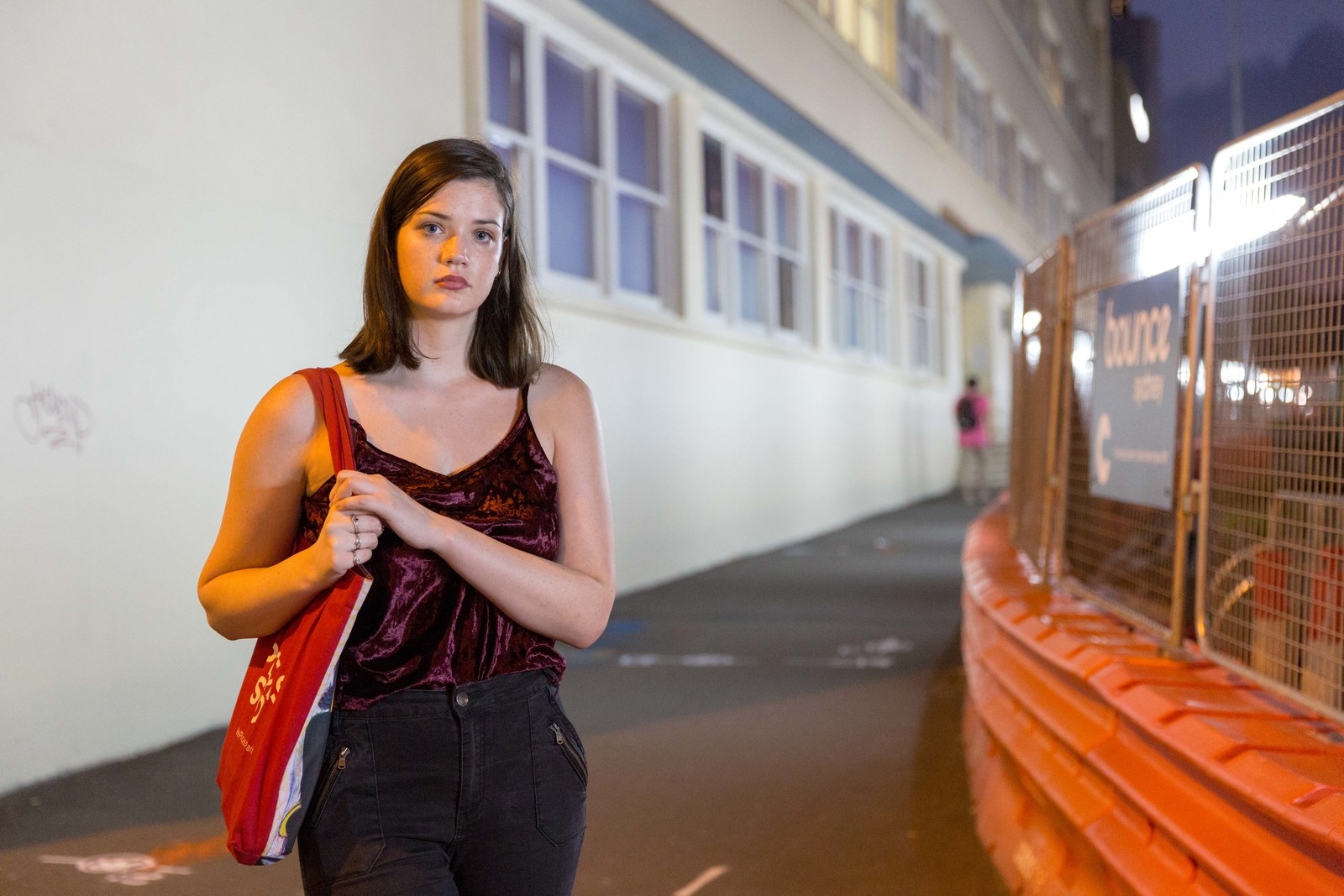
"In the last two weeks I've probably been harassed around five times at varying levels of severity," the 21-year-old told BuzzFeed News.
Rummery said she related to the 57% of women surveyed by Plan International Australia who said they had cancelled plans because they didn't feel safe getting home from an event.
"I've done that and personally I don't feel safe in taxis or in Ubers at night and if I'm by myself."
The spots in Sydney that she would put in as a "happy" pin were the campus of her university and green open spaces during the daytime like Hyde Park and Prince Alfred Park.
She said she hopes councils, transport authorities and police take the data seriously.
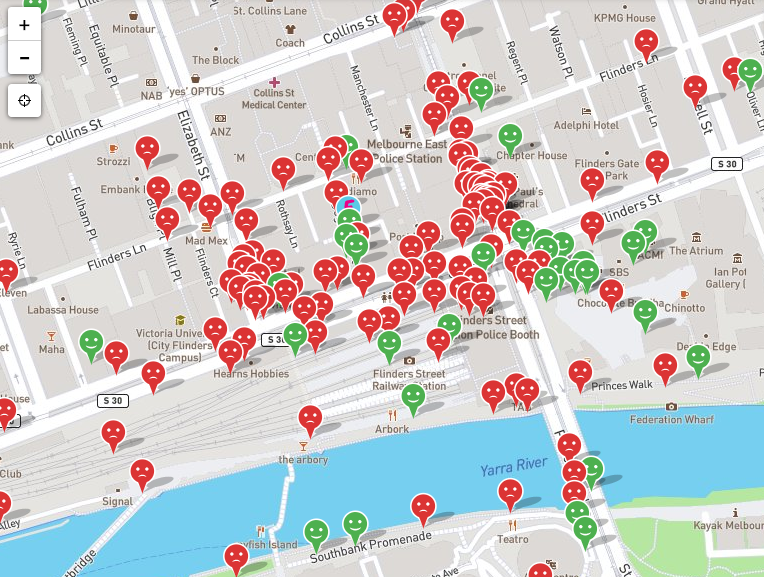
A Free to Be map of Melbourne attracted more than 1,300 points plotted by residents over three months, with many of the comments accompanying pins near public transport hubs describing sexual harassment or assault on buses, trams and trains.
The site with the most recorded incidents of sexual harassment was Flinders Street station, where multiple women reported having their backsides "spanked" by a stranger, another said a man grabbed her vagina and another said she was verbally assaulted.
"I was followed for a whole block by a man who told me to smile," wrote one woman, who had placed her map pin near the station.
Plan International Australia’s chief executive Susanne Legena said harassment was "largely unreported in crime statistics".
"I think a lot of women wouldn't see the things that are happening to them as serious enough to report, and the ways of reporting it are complicated so they don't bother with transport authorities or the police," Legena told BuzzFeed News.
"But we don't want to normalise this behaviour as something that people accept."
